When driving home after a long day—perhaps in Richmond or Roanoke—many drivers have asked, “Can I take off my shoes and drive barefoot?” It’s a common curiosity, one that leads to more questions than answers: Is it against the law in Virginia? Will police ticket you? And what about in other cities like Norfolk, Charlottesville, or Virginia Beach? In this article, we explore what Virginia law actually requires—and what it doesn’t—about barefoot driving, the potential legal and safety impacts, and how this urban legend keeps crawling back into conversations.
What the Law Actually Says in Virginia
The short answer: Virginia has no statute mandating footwear for driving. That means it is perfectly legal to operate a vehicle without any shoes on in places like Richmond, Alexandria, Bristol, or Winchester. There is no fine, no infraction, and no DMV regulation requiring shoes.
That said, driving barefoot is discouraged by safety experts, including driving schools and highway safety officials, who caution that proper footwear helps maintain control over pedals and improves traction. Despite this, again, no law in Virginia demands footwear behind the wheel.
Where the Misconception Comes From
Many people remember hearing in drivers’ ed or from their parents that barefoot driving is illegal—but this is a persistent myth. The idea likely became widespread because:
-
Some law enforcement officers may express concern if a driver appears unstable, leading others to believe there’s a law.
-
Reckless driving laws allow for tickets when your driving impairs safety—so lack of shoes could factor in, but only if your driving is demonstrably unsafe.
-
Anecdotal stories about people “getting pulled over for driving barefoot” have cemented the myth, even though the real citations were for unsafe driving, not bare feet.
How Barefoot Driving Could Impact a Traffic Stop
Your lack of shoes won’t get you pulled over—but if an officer observes that your barefoot condition is interfering with your driving—say, your foot slips off a pedal or you brake too hard—they can ticket you under existing laws like reckless or careless driving.
This means that driving barefoot isn’t illegal—but causing an unsafe condition, even accentuated by barefoot driving, can lead to a citation. Think of it like wearing headphones or having loose items on the dashboard: not illegal, but can become an issue if hazards result.
Contribution to an Accident: Legal and Insurance Impacts
Virginia follows a pure contributory negligence rule: if you’re found even slightly at fault (even 1%) in an accident, you cannot collect damages from the other party. In theory, an insurance company or opposing attorney could argue your barefoot state contributed to the crash—say, by slipping off the pedal. If accepted, that argument could cut off your recovery altogether.
While such arguments are rare, they are still possible—so if you’re involved in an accident, driving barefoot could become a legal point, even though it’s not illegal itself.
Safety Factors: Pedal Control, Traction, and Responsiveness
From a pure safety perspective, footwear provides:
-
Traction: The rubber soles of good shoes help prevent sliding off the gas or brake pedal, especially in rain or fog.
-
Control: Shoes offer consistent tactile feedback and pressure distribution—bare feet can be erratic, especially for drivers unaccustomed to them.
-
Protection: Metering damage from hot pedals, sharp debris, or sudden impact in a crash.
In contrast, barefoot driving encourages instinctual contact, which may feel natural—but it can also be unpredictable, especially in vehicles with metal pedals that get slick.
Comparisons: Barefoot Versus Bad Footwear
Many studies and experts agree: driving barefoot is safer than wearing footwear more problematic than shoes—like sandals, flip-flops, heels, or loose slip-ons. Flip-flops, for example, can:
-
Get lodged under a pedal
-
Fly off and become distraction or hazard
-
Lack proper grip, increasing sliding
High heels and wedges can affect pedal angle, high-tops can hamper feel, and loose slippers can shift unexpectedly when braking. Compared to these, barefoot is often the lesser evil.
Experiences Across Virginia Cities
-
In Richmond, driving barefoot is legal but discouraged—if observed unsafely, an officer could cite reckless driving.
-
In Virginia Beach, where rain on metal pedals is common, barefoot conditions can worsen traction, increasing risk.
-
In Charlottesville and Harrisonburg, driving schools emphasize wearing lightweight yet supportive sneakers over barefoot for control.
-
In Newport News, accident reports occasionally note barefoot drivers, though never as a traffic offense—just context in incident investigations.
Advice From Driving Experts
Driving schools across Virginia generally recommend wearing:
-
Closed-toe shoes with low profile soles
-
Soft, flexible sole materials to retain pedal feel
-
Shoes with adjustable fit (like lace-ups or stable slip-ons)
-
Avoiding flip-flops and rigid heels—all of which pose documented risks
In short, the consensus: you can drive barefoot, but most instructors advise against it for optimal safety.
Insurance Company Viewpoint
Insurers assess factors impacting liability and damages. If barefoot driving contributed to a crash, insurers could:
-
Deny or reduce your claim
-
Argue for a contributory negligence defense
-
Shift fault to you—even if they don’t cite a law directly
While most accidents are ruled on driver behavior—speed, attention, intoxication—footwear can still be raised by adjusters or defense attorneys in a tight case.
Practical Tips for Barefoot Drivers
If you choose to drive barefoot:
-
Check pedal condition: Metal surfaces may become slippery; rubber mats are better.
-
Keep feet dry: Wet feet reduce traction—dry them before driving.
-
Avoid long trips barefoot: Foot fatigue on long drives can affect pedal response.
-
Keep shoes in the vehicle: Flip-flops or sneakers in the seat are safer than leaving them on the floor.
-
Stay alert: Listen and feel for hesitation or foot slipping.
When an Officer Pulls You Over for Barefoot Driving
If that happens:
-
Stay calm and courteous.
-
Say, “I’m aware it’s legal, just driving barefoot.”
-
If ticketed, note the violation code (likely reckless or unsafe driving).
-
You can Contest: show scientific facts about non-illegality and safe barefoot practice.
-
Hire legal advice if needed—especially if serious consequences (accident/injury) involved.
Comparisons to Other States
Across the U.S., no state bans barefoot driving. Some states discourage it—others say it can be safer than flip‑flops. A few municipalities might have local codes, but Virginia has none. So whether in Fairfax, Lynchburg, or Blacksburg, the key guidance remains consistent: legally allowed, but be mindful of safety.
Cases in Virginia Courts (Hypothetical Scenarios)
Consider a few realistic scenarios:
-
Single‑vehicle accident in Norfolk: barefoot driver skidded—insurance argued loss of control due to barefoot; driver lost due contributory negligence.
-
Rear‑end pileup near Roanoke: barefoot driver cited not for feet but for tailgating—the barefoot mention came up later as liability argument in court.
-
Pole collision in Hampton: officer notes defendant barefoot but cites reckless buccauae “unstable pedal contact and delayed braking.”
These illustrate how barefoot driving isn’t the offense—it’s an aggravating factor.
Tips for Legal Defense: If You’re Sued or Ticketed
-
Emphasize no statutory requirement for footwear.
-
Show expert opinions that barefoot is sometimes preferred over risky shoes.
-
Demonstrate braking/acceleration metrics with/without shoes to prove control.
-
Argue absence of direct causation between barefoot state and incident.
-
Challenge subjective police assessments as inadmissible or speculative.
Pros and Cons: The Safety Trade‑Off
| Advantage | Disadvantage |
|---|---|
| Natural pedal feel | Uneven grip, less traction in moisture |
| Avoid flip-flop entanglement | No protection from heat, sharp objects |
| Better sensitivity than thick soles | Fatigue during long drives |
| No slipping laces | No slip‑resistance from rubber soles |
Balance is key, aspiring drivers should choose closed-toed shoes with thin, grippy soles as middle ground.
Expert Recommendations Across Virginia
-
Driving schools in Richmond & Hampton Roads: Recommend gripping sneakers.
-
Virginia DMV safety bulletins: Encourage “safe footwear,” though they use non-binding language.
-
Highway safety experts at VDOT: Affirm barefoot is legal but suboptimal in rain or on metal pedals.
Prospective drivers nationwide look to Virginia’s guidance as a model for balancing legality with safety.
Should You Drive Barefoot? Final Takeaway
-
✅ Yes, it’s legal across Virginia.
-
⚠️ Yes, it can be dangerous and lead to an unsafe driving citation or factor in an accident.
-
🧭 Yes, it may affect insurance and civil liability under contributory negligence.
-
🥾 Better: keep a pair of suitable shoes in your car—sneakers or flats with good tread—and don’t drive barefoot as a habit.
Conclusion: Know the Law, Understand the Risk
While taking off your shoes before pulling out of a Charlottesville parking lot or parking garage in Staunton won’t land you in legal trouble, barefoot driving carries real risks. Forgetting this simple fact could lead to a crash, ticket, or even losing your chance at compensation after an accident.
In Virginia: the law is clear—bare feet are never illegal to drive with. But road safety is equally clear: control matters more than comfort. So wear the right shoes, plan ahead—and keep your driving safe, compliant, and ready for anything.

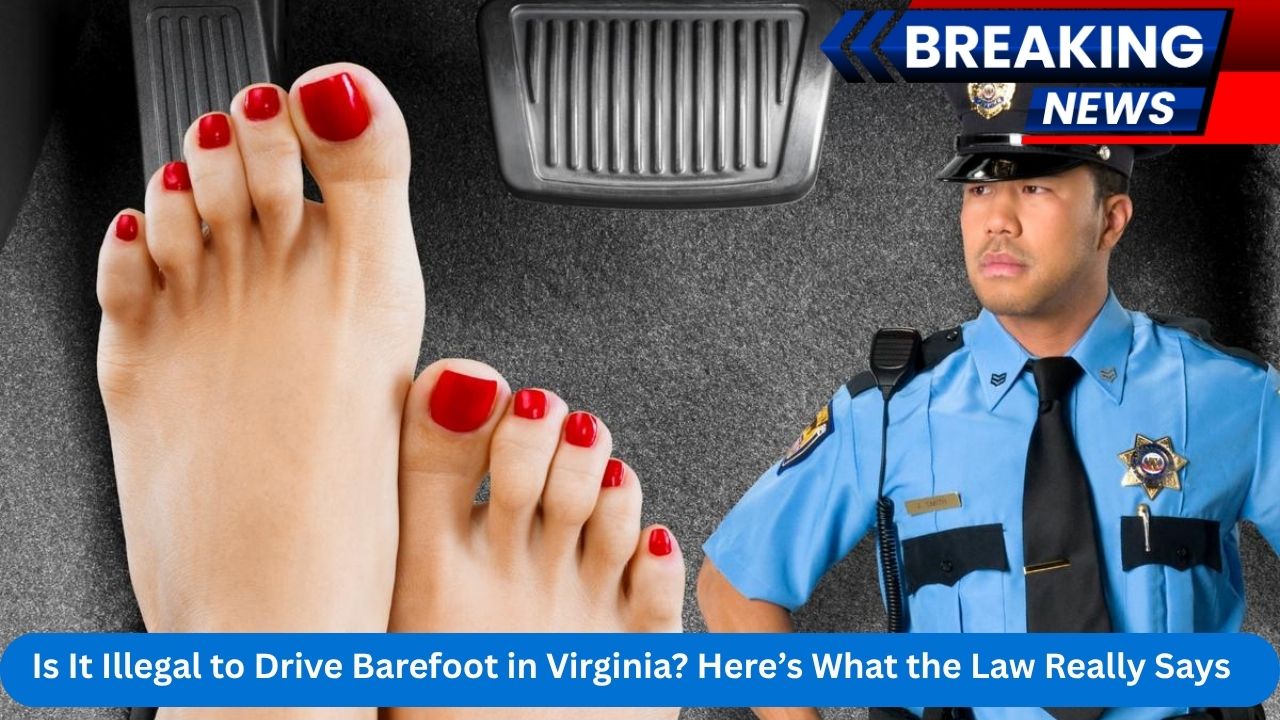
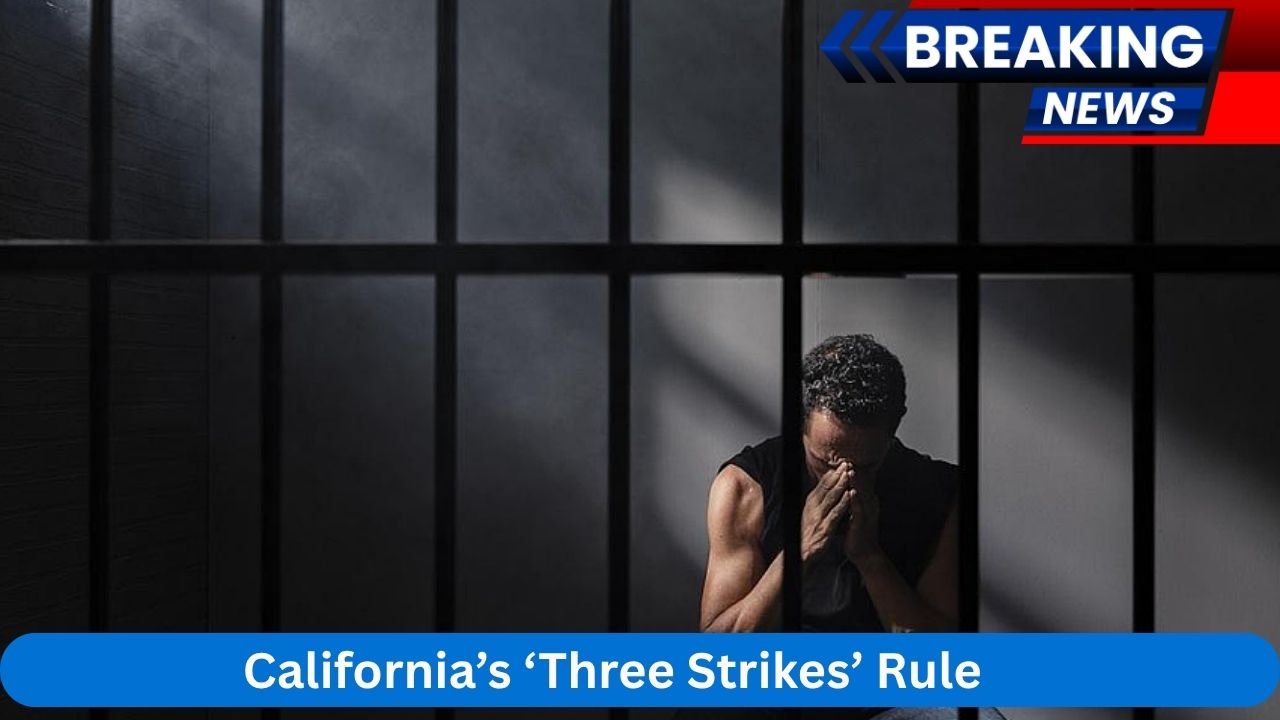
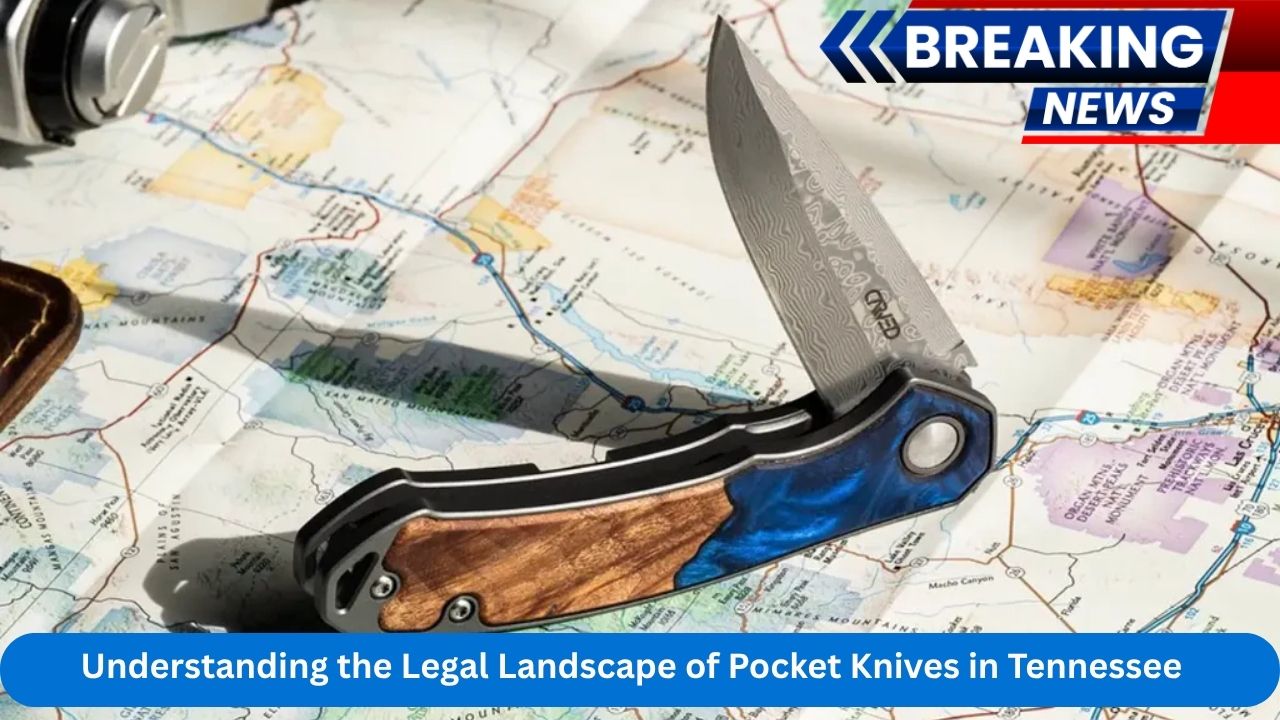
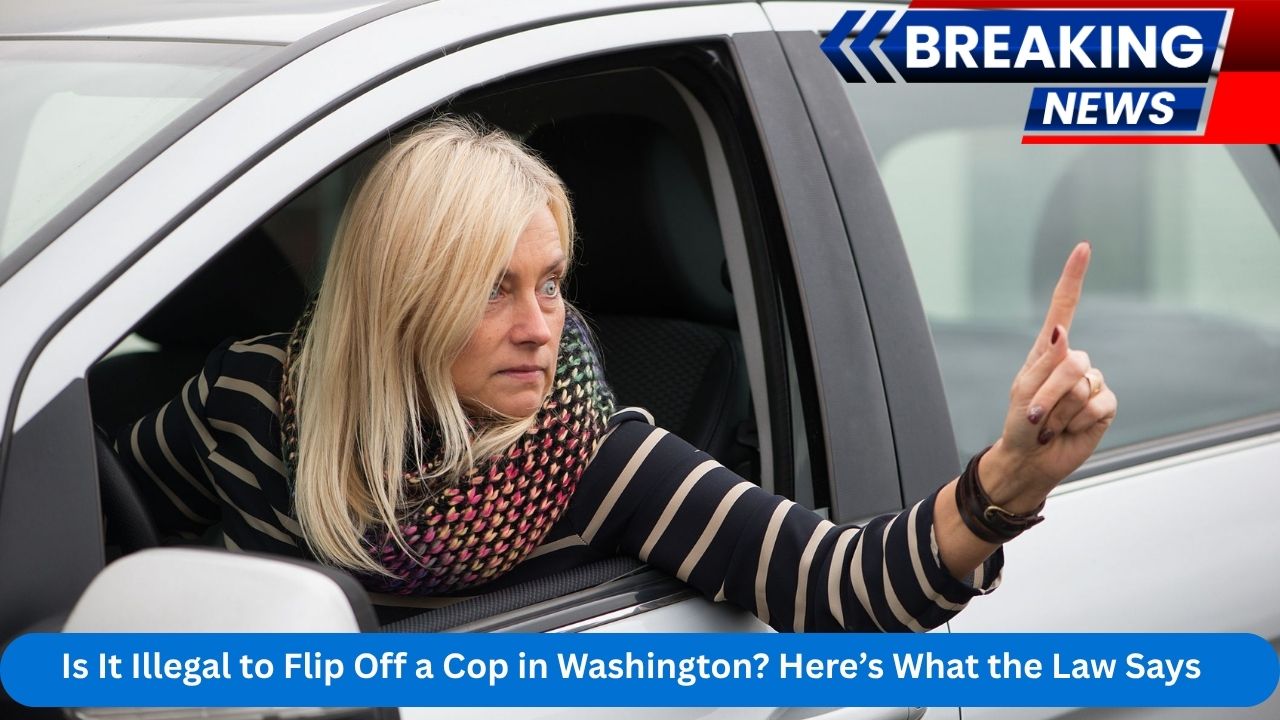

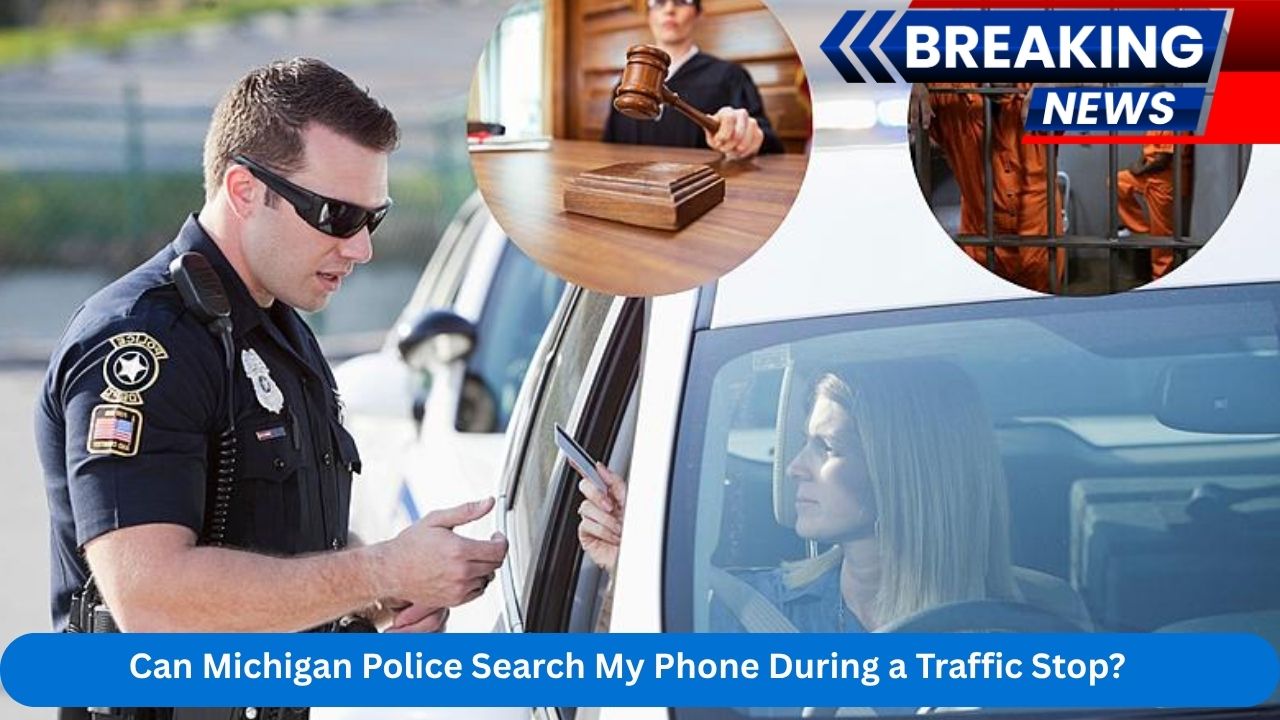

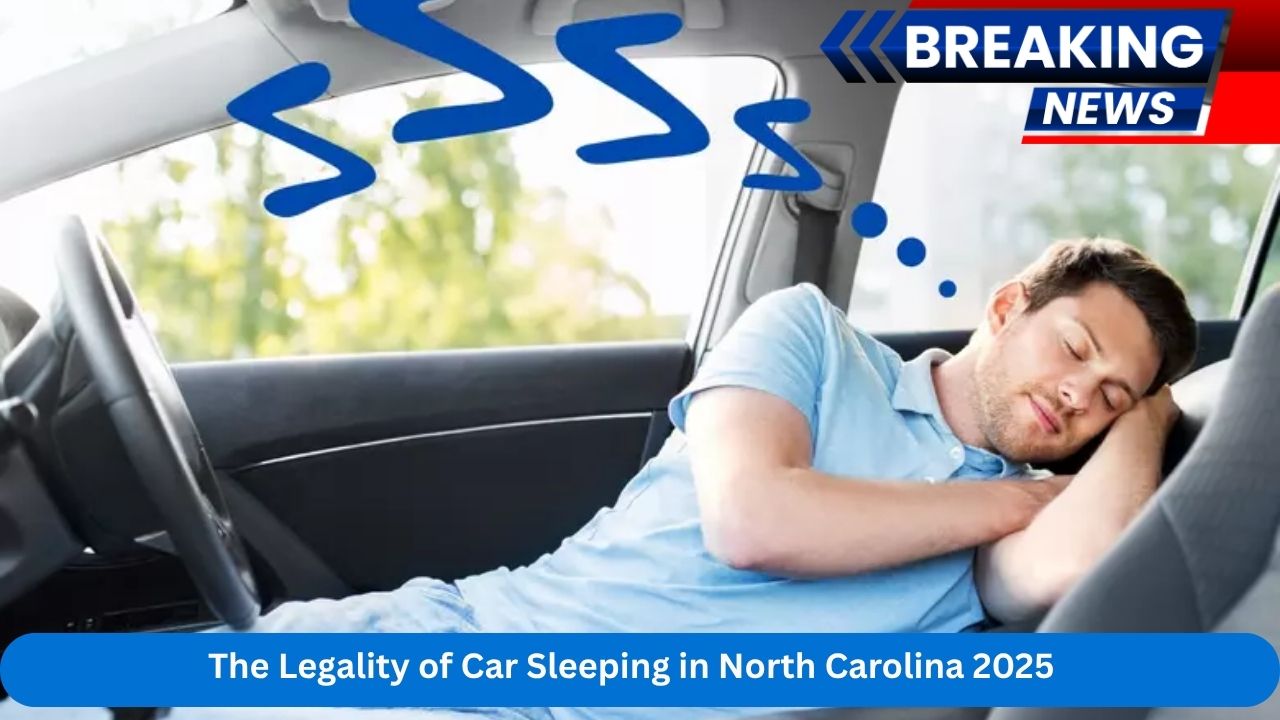

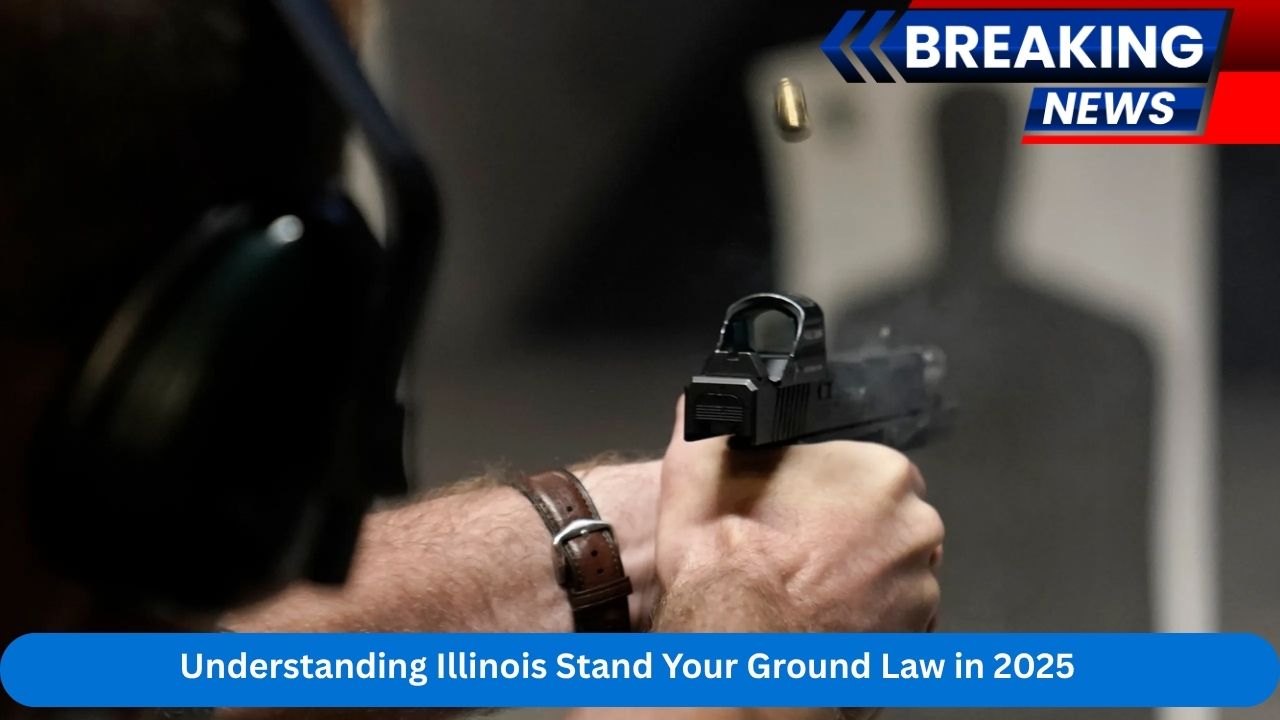
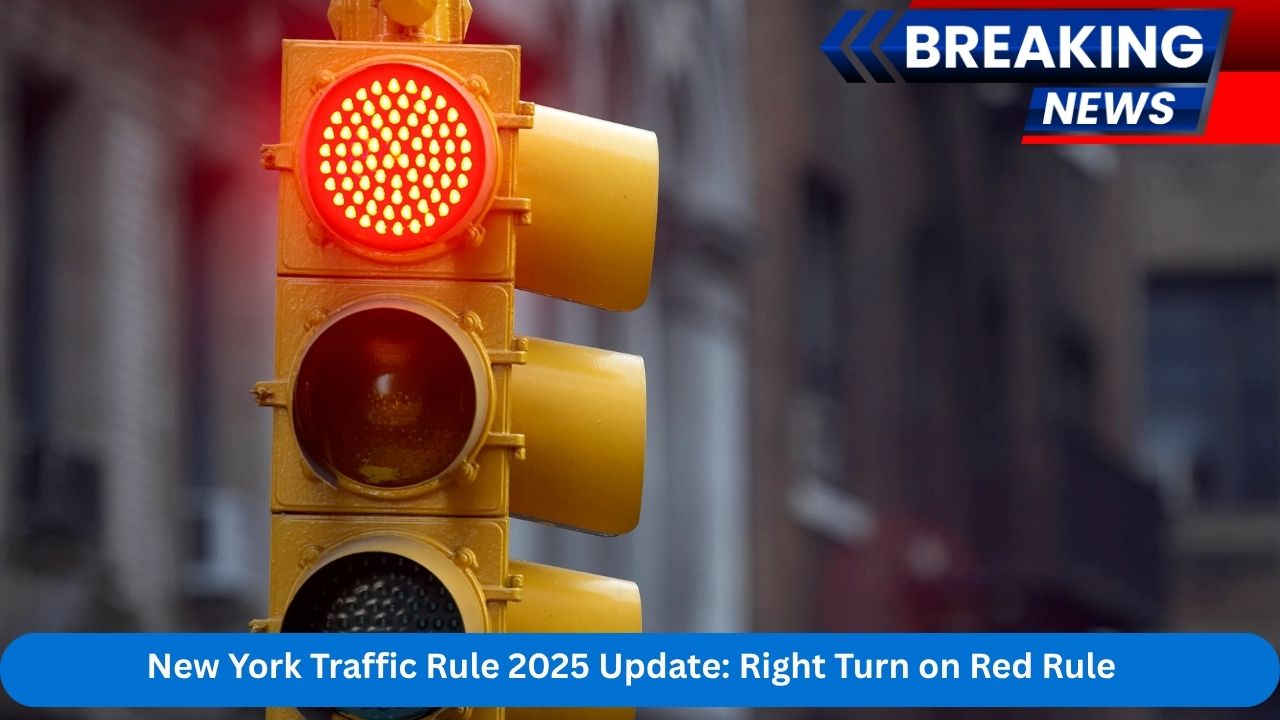
Leave a Reply